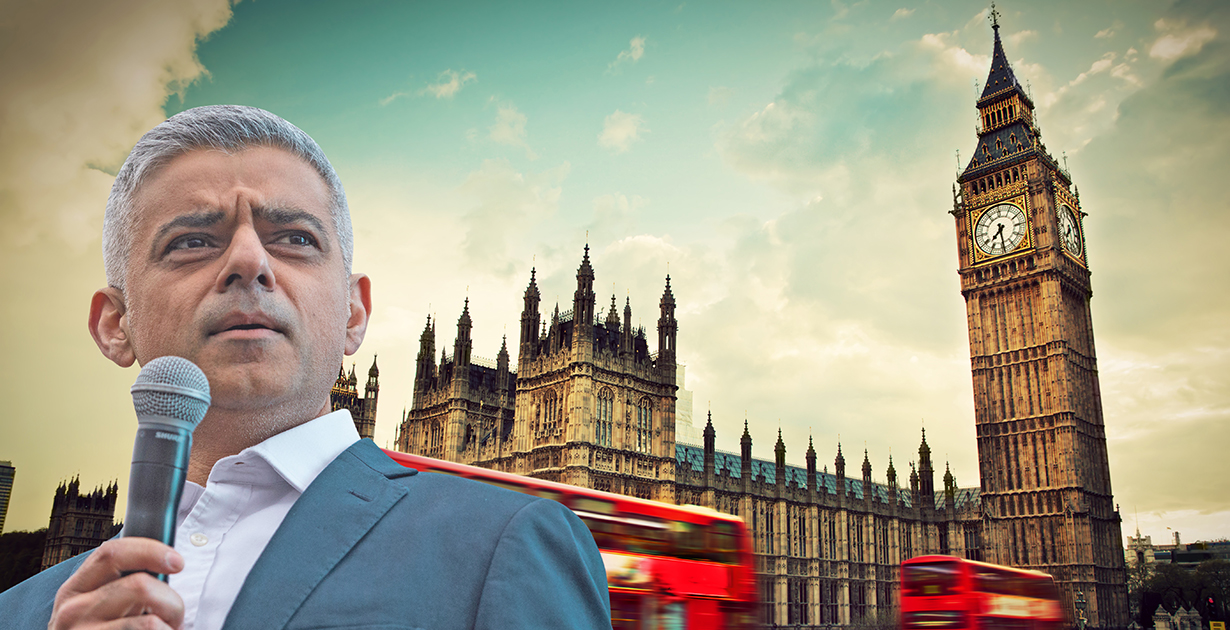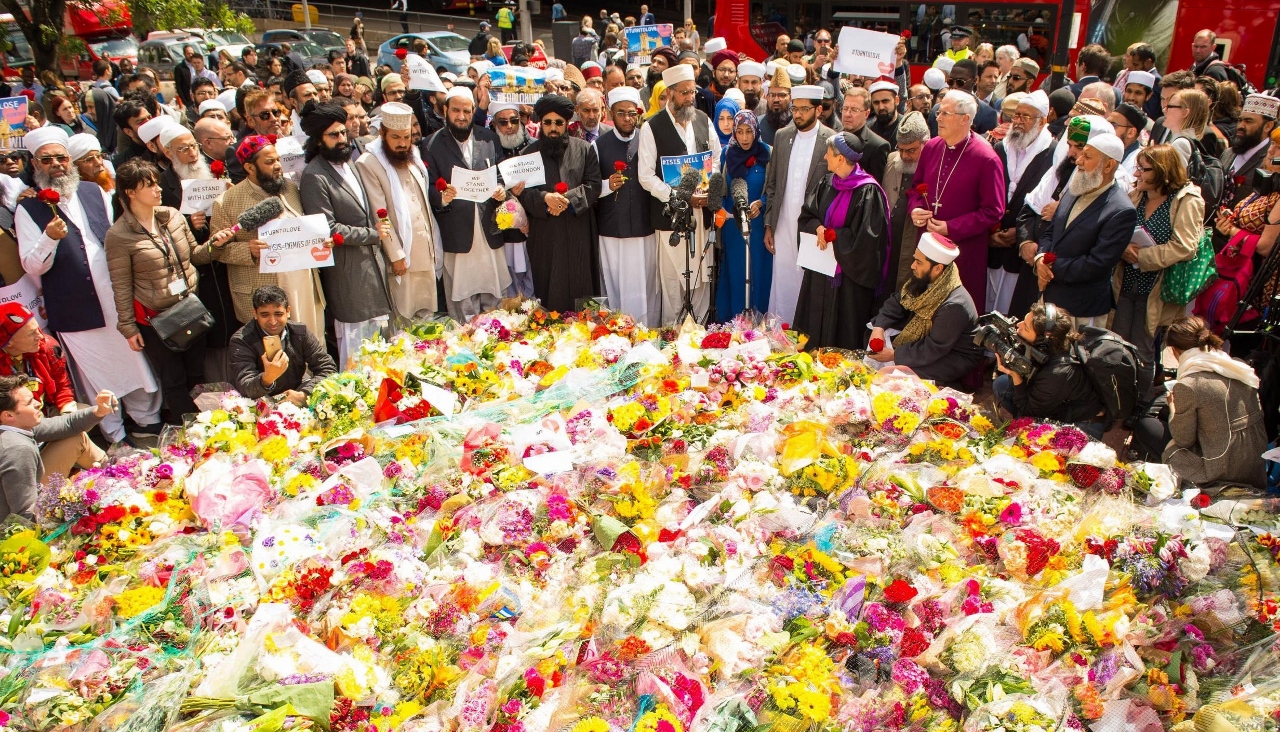
WikiLeaks founder, Julian Assange, 44, should be allowed to go free from his three-and-half year arbitrary detention at the Ecuadorian embassy in London and be awarded compensation, a UN panel ruled on Friday.
Assange, a computer hacker who angered the United States by publishing hundreds of thousands of classified US diplomatic cables, has been hiding away in the embassy since June 2012 to avoid an alleged rape investigation in Sweden.
The UK Foreign Office said the report ‘changes nothing’ and it will ‘formally contest the working group’s opinion’.
Foreign Secretary Philip Hammond said the panel’s opinion was ‘ridiculous’ and Mr Assange was a ‘fugitive from justice’.
The Met Police said it will make ‘every effort’ to arrest Mr Assange, should he decide to leave the embassy.
The UN’s Working Group on Arbitrary Detention was adamant that Mr Assange’s detention ‘should be brought to an end, that his physical integrity and freedom of movement be respected’.
“Mr Assange should be afforded the right to compensation,” it added.
The WikiLeaks founder had been subjected to ‘different forms of deprivation of liberty’ it said, while he was initially held in isolation at London’s Wandsworth Prison for 10 days in 2010.
The deprivation had been ‘continuous’ since he was first arrested in the UK on 7th December 2010.
Both Britain and Sweden have denied that Assange was being deprived of freedom, and said that he had entered the embassy voluntarily.
Britain said it could challenge the decision and that Assange would be arrested if he left the embassy.
Assange, from Australia, appealed to the UN panel, whose decision is not binding, saying he was a political refugee whose rights had been infringed by being unable to take up asylum in Ecuador.
It ruled in his favour, although the decision was not unanimous.
The group’s head, Seong-Phil Hong said: “The Working Group on Arbitrary Detention considers that the various forms of deprivation of liberty to which Julian Assange has been subjected constitute a form of arbitrary detention.”
Assange denies the 2010 rape charge in Sweden, saying it is a ploy that would eventually take him to the United States where a criminal investigation into the activities of WikiLeaks is still ongoing.
Sweden said it has no such plans.
Assange had said that if he lost the appeal then he would leave the claustrophobic life he has been living in the embassy in the Knightsbridge area of London.
Britain said he would be arrested and extradited to Sweden as soon as he stepped outside.















